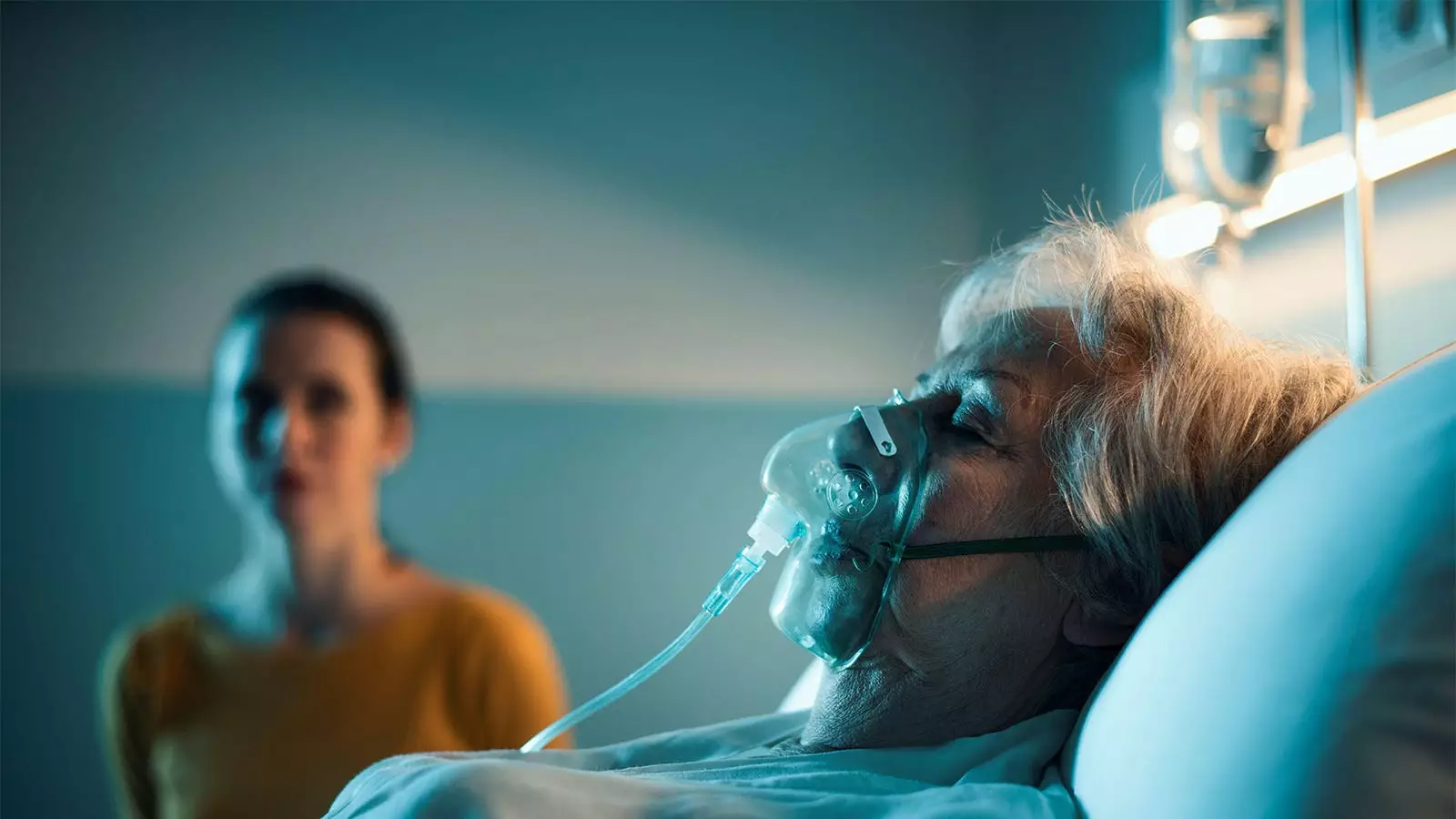A prospective cohort study conducted in Michigan hospitals revealed that approximately one in eight adults admitted for community-acquired pneumonia (CAP) received an inappropriate diagnosis. The study, led by Ashwin Gupta, MD, identified that 12% of the 17,000 patients treated for CAP did not meet the established criteria for the condition. Inappropriately diagnosed cases were found to lack radiographic criteria, have few pneumonia signs or symptoms, or meet neither criterion. These errors in diagnosis are concerning as they can lead to delays in appropriate treatment, unnecessary antibiotic use, adverse events, and increased microbial resistance.
The study found that increasing age, dementia, and an altered mental state at presentation were associated with a higher likelihood of receiving an inappropriate CAP diagnosis. Specifically, the adjusted odds ratio for inappropriate diagnosis increased by 1.08 per decade of age, 1.79 for patients with dementia, and 1.75 for those with an altered mental state without dementia. It is crucial to recognize these factors that contribute to misdiagnosis to improve the quality of care provided to patients.
Physicians face challenges in addressing inappropriate diagnoses of CAP, especially when they are influenced by cognitive biases and preconceived notions. Dr. Richard Castriotta highlighted the difficulty in challenging these established diagnoses and emphasized the reinforcement of these beliefs through confirmation bias. Additionally, clinicians must navigate the risks associated with antibiotic treatment while striving to adhere to established guidelines and initiate prompt therapy. Balancing the benefits and risks of treatment remains a complex task for healthcare providers.
The study analyzed data from over 17,000 patients treated for CAP at 48 Michigan hospitals over a nearly 3-year period. Of these patients, 15,211 met appropriate criteria for CAP, while 2,079 received inappropriate diagnoses. Patients excluded from the study included those requiring ventilation or intensive care, or being treated for infections other than pneumonia. The study focused on identifying the demographic and clinical factors contributing to inappropriate diagnoses, emphasizing the need for improved diagnostic accuracy in clinical practice.
Regardless of the appropriateness of the diagnosis, patients commonly presented with symptoms such as cough, dyspnea, and altered mental status. The study highlighted the need for clinicians to consider alternative diagnoses in patients with an altered mental state to prevent delays in appropriate management. Inappropriately diagnosed patients often received prolonged courses of antibiotics, leading to an increased risk of antibiotic-associated adverse events. Understanding the implications of these inappropriate diagnoses is essential for improving patient outcomes and reducing unnecessary antibiotic use.
The study’s findings underscore the importance of accurate diagnosis and appropriate treatment in patients with community-acquired pneumonia. Addressing the factors influencing inappropriate diagnoses and understanding the risks associated with antibiotic treatment are critical steps in improving patient care. By reexamining current practices and promoting evidence-based decision-making, healthcare providers can enhance the quality of care provided to patients presenting with CAP.

Leave a Reply